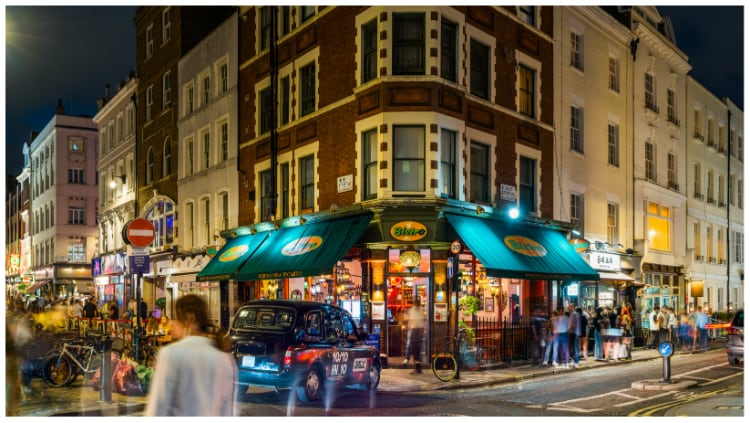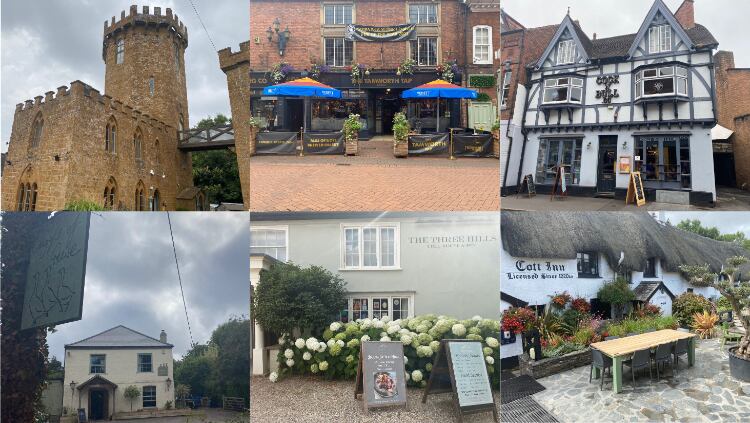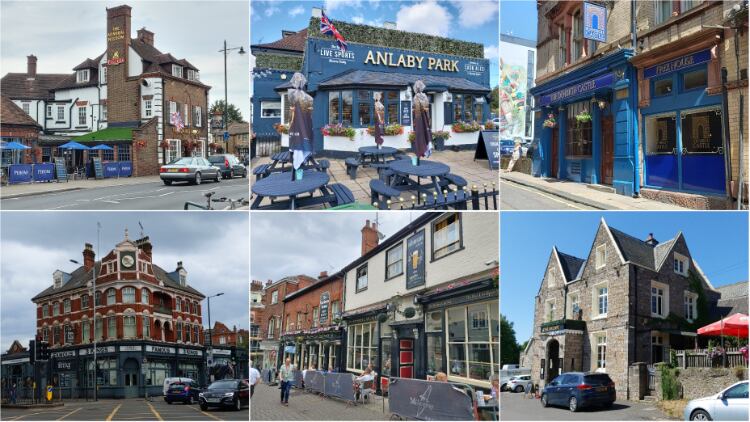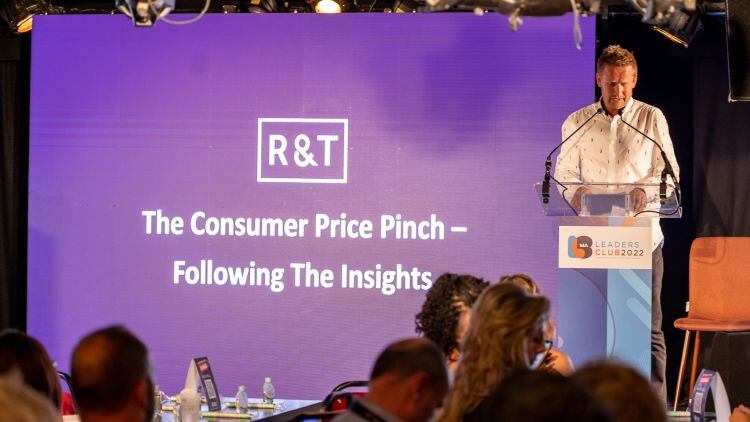The results from the Tracker – produced the Coffer Group, RSM UK and CGA by NielsenIQ, means like-for-like sales have been head of or equal to pre-pandemic levels for seven months in a row.
CGA collected sales figures directly from 65 leading companies for this edition of the Tracker, with participants including Adventure Bars, St Austell pubco and Star Pubs & Bars.
However, with compound inflation since 2019 in double digits, groups’ sales remain well below the levels of three years ago in real terms.
Pubs’ sales were up by 2.1% on 2019, while bars’ sales were down by 3.5%. For the fifth successive month, restaurants were the strongest performing of the Trackers three hospitality segments in August, with like-for-like sales growth of 2.8%.
Trading in London was well behind many other parts of the country, as has been the case in most months since the pandemic. The Tracker showed like-for0like sales within the M25 were down by 2.0% in August, versus 3.2% growth beyond the M25.
Knocked by inflation
Venues in London continued to be affected by a dip in office workers and visitors since the start of the pandemic, and rail strikes have further reduced footfall.
It’s been pleasing to see managed groups’ sales beating pre-Covid levels for most of 2022—but the stark reality is that after adjusting for inflation, trading is lagging significantly behind.
EMEA at CGA hospitality operators and food director Karl Chessell said it was pleasing to see many managed groups’ sales beating pre-Covid levels for most of the year, but the stark reality was that after adjusting for inflation, trade was lagging significantly behind.
“Hospitality is feeling the effects of the cost-of-living crisis as consumers watch their spending and is facing soaring costs of its own across fuel, food, labour and other key inputs,” he continued. “With a difficult autumn and winter ahead, the sector needs urgent and bold help from government on energy and taxes to help protect businesses.”
Coffer Corporate Leisure managing director Mark Sheehan said: “Flat sales against the backdrop of record inflation means for many that just getting through this period is all that matters for many hospitality businesses."
In need of help
“Economic uncertainty during the summer may have kept some workers away from central London and the hope is that workers are now returning," he added.
The Tracker also highlighted the increased demand for deliveries and takeaways since the start of Covid restrictions. Despite their overall growth of 2.8% in August, restaurants’ dine-in only sales were 2.1% below those of August 2019 – a sign some consumers are now ordering meals in rather than dining out.
RSM UK head of leisure and hospitality Paul Newman said the need for long-term Government help for the sector was becoming “desperate”.
He continued: “Many exceptional operators may be forced to take difficult decisions over the future of their business if the Government doesn’t confront the issues facing the hospitality industry.
“While recently announced support for households should help shore up consumer demand, the assistance offered to businesses is less generous, with the period of support uncertain and with further clarity not expected for months.
“This is a lifetime away for a sector only just recovering from the last economic storm, and therefore we urge the Government to outline further support now so that businesses can trade confidently going into 2023.”




